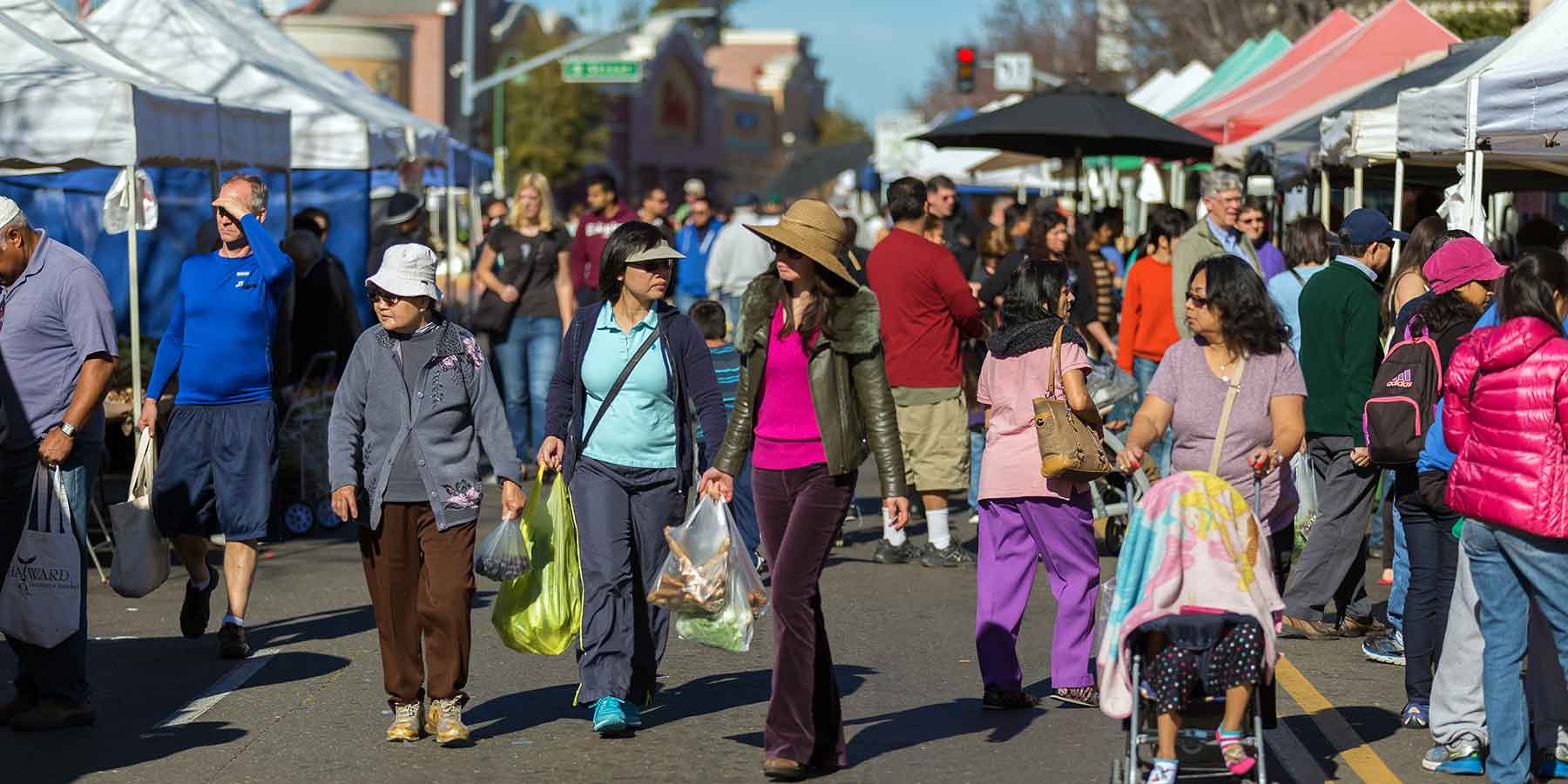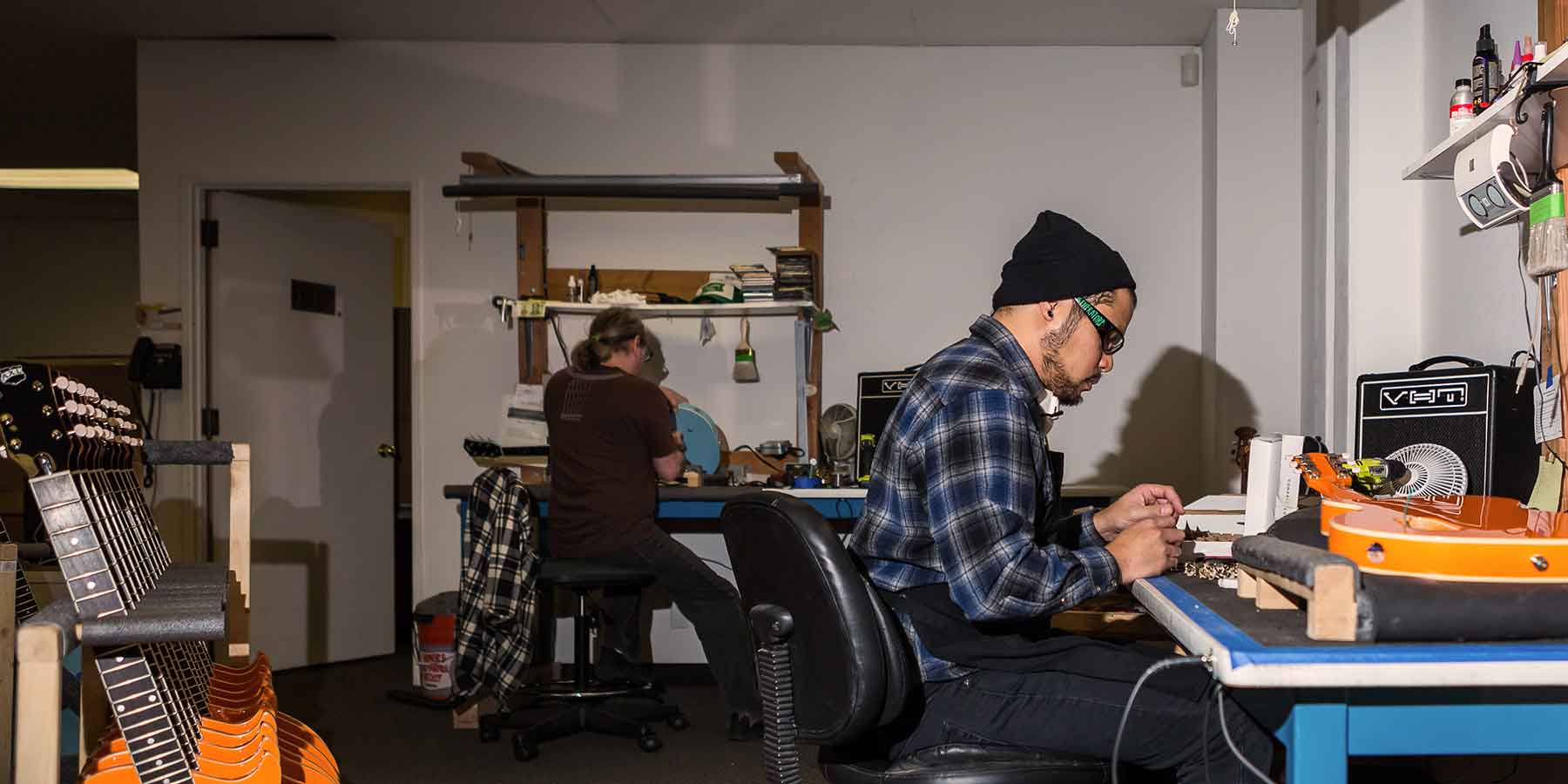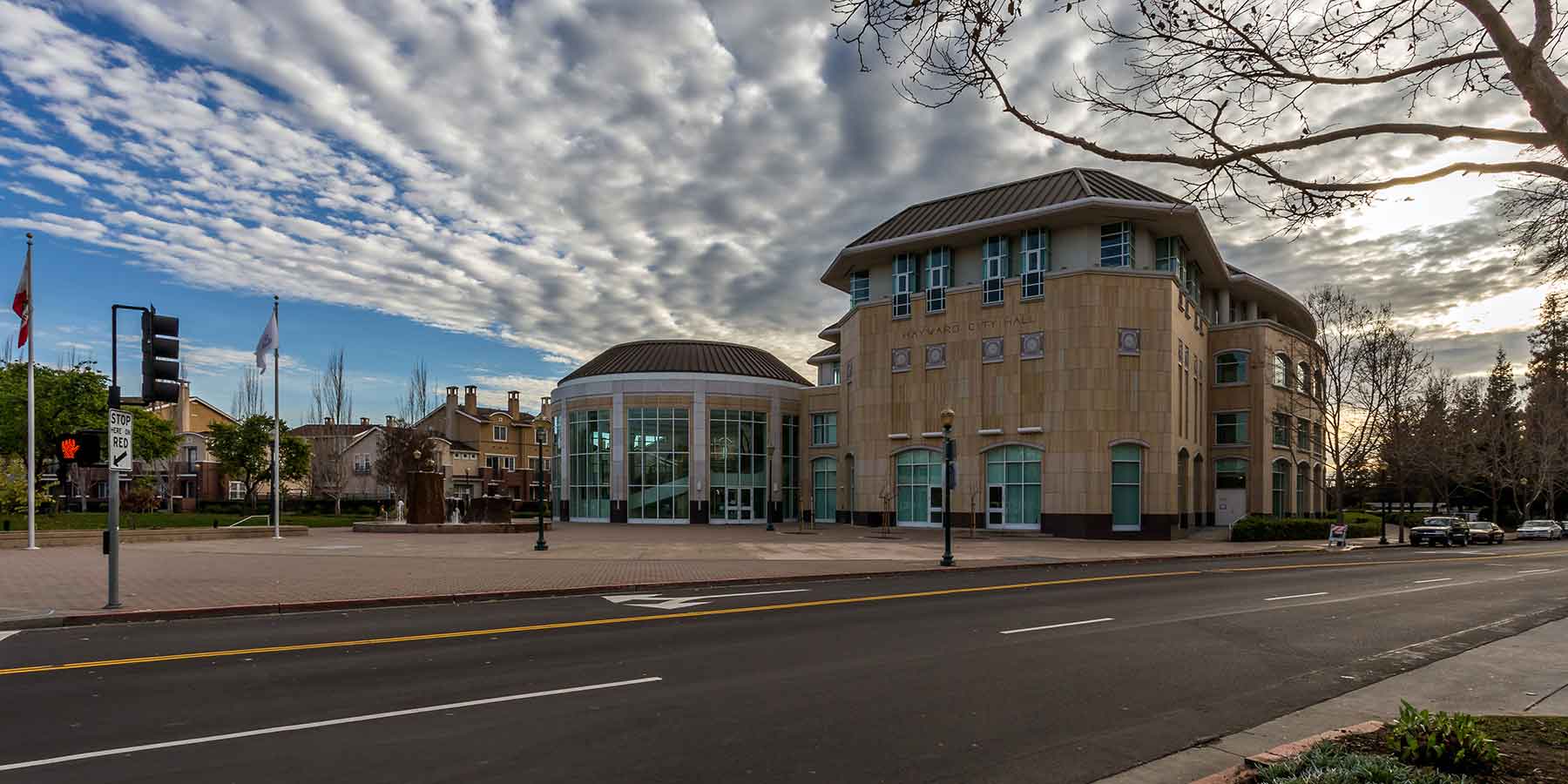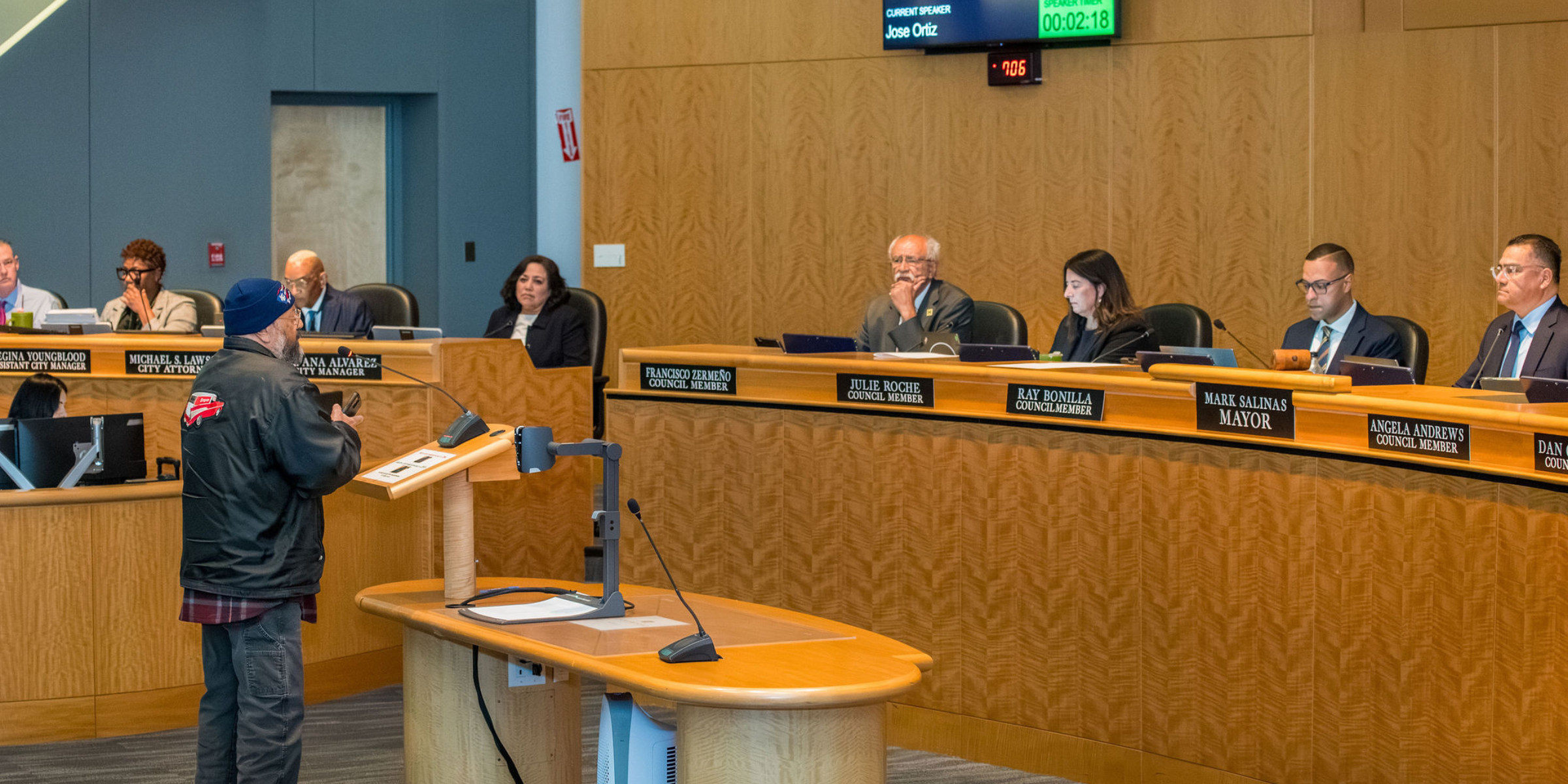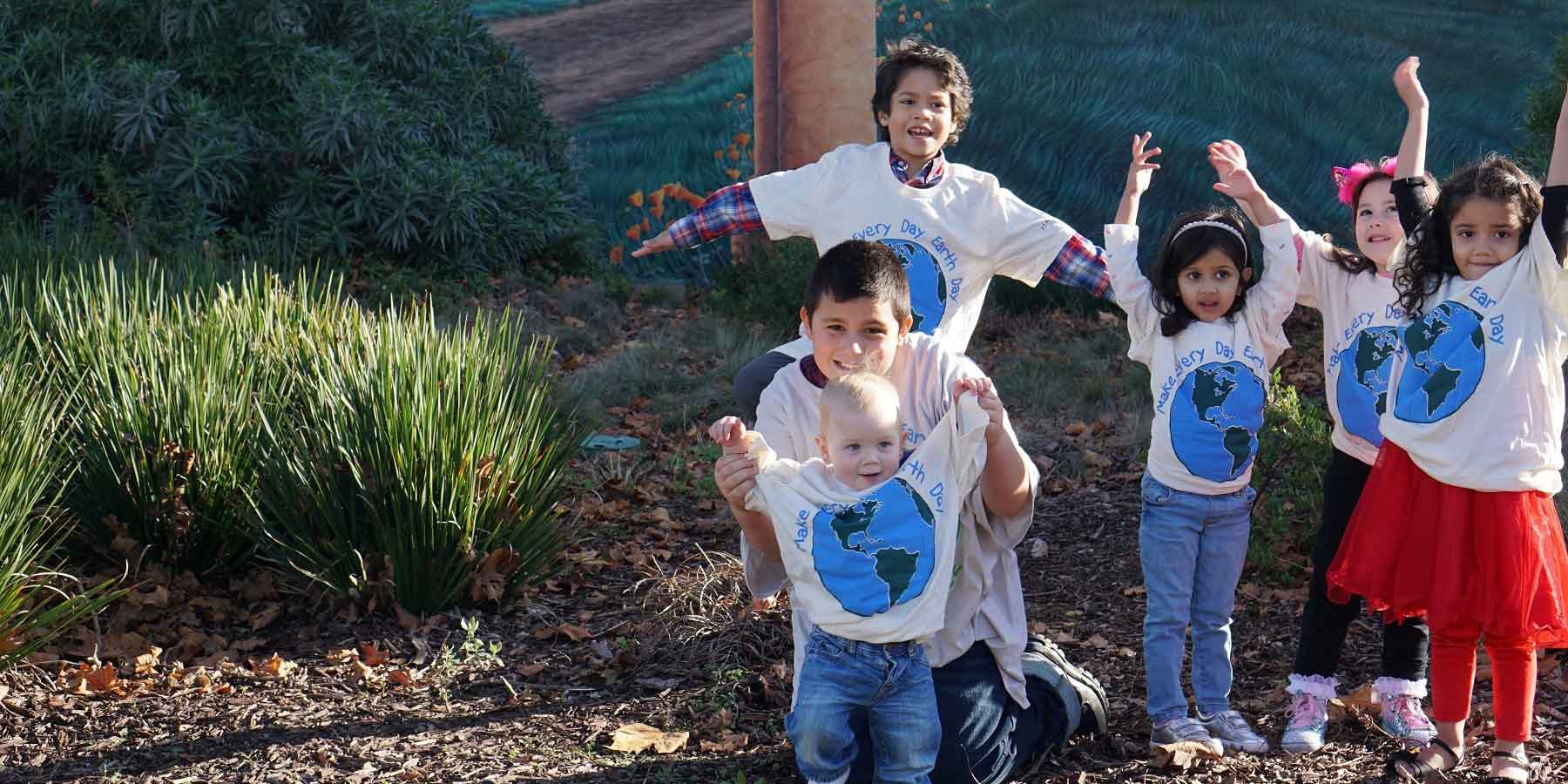2019 Environmental Sustainability Awardees
Schools
Cherryland Elementary School
Cherryland Elementary School has their 3rd grade students conduct a social justice project each year. Last school year, the 3rd graders chose to research the effects of Styrofoam as their topic. Through their research, the students discovered the environmental problems, health problems, and costs savings by reducing trash hauling fees. As a result, they wanted to have their school replace their lunchtime Styrofoam trays with a healthier, environmentally friendly alternative. To make this happen, students conducted various forms of outreach including peer to peer classroom presentations, morning announcements, creating posters, writing to the principal, and presenting to the school board.
In the end, not only Cherryland, but the entire Hayward Unified School District replaced Styrofoam trays with cardboard trays at the start of this school year.
Fairview Elementary School
When Fairview Elementary School was rebuilt a few years ago, the school prioritized sustainability throughout the process, including the construction of a new garden and outdoor ecology learning center. These outdoor settings are used to instruct students on sustainable gardening, pollination, composting, among other environmentally-focused topics.
It’s not just the school’s architecture and infrastructure that’s dedicated to sustainability. The teachers and staff at Fairview Elementary are committed to educating and fostering environmental stewardship throughout the school. Most recently, the 4th grade students conducted a litter audit on their campus, where they collected 3,000 pieces of litter and analyzed the data. They then displayed this information in the hallway of the school, to educate the entire campus on plastic pollution.
Businesses
Cox Automotive Manheim San Francisco Bay Area
Manheim is the world’s largest used vehicle marketplace, offering complete remarketing products and services so buyers and sellers can transact with ease. Manheim San Francisco Bay Area is a part of the Cox Enterprises corporation. Cox Enterprises has prioritized sustainability for all of their businesses, which includes three sustainability goals: (1) Zero Waste by 2024; (2) Carbon Neutral by 2044; and (3) Water Neutral by 2044.
Manheim has been working hard to meet their zero waste by 2024 goals, currently with an 80% diversion waste, which results in 292 tons being diverted from the landfill annually. Of that number, 21.1 tons are diverted through reuse and source reduction, such as donating used tires to playgrounds and boot camps. They also source separate cardboard, scrap metal, and oil (which is used to create biodiesel) on site. They even have one employee sort through all of the office trash to maximize recycling and composting before they put waste in the dumpsters. From an operations perspective, Manheim has adopted paperless billing and accounting filing, including on auction days where over 2,000 cars are for sale each week.
Manheim has also installed 683 solar panels and converted all of their indoor and outdoor lighting (5,150 lamps total) to LED. Through these efforts, Manheim has seen a reduction of 793 tons of carbon.
Manheim also knows how important environmental education is to promote an office culture of sustainability. Their environmental education efforts are spearheaded through their Go Green Council, which employee Ms. Simon sits on, and is comprised of representatives from various Cox Enterprises businesses.
Eden Issei Terrace
Eden Issei Terrace, a part of Eden Housing, is an apartment complex with 100 units for seniors. While Eden Issei Terrace has installed solar panels, updated lighting to LED, residents all have electric stoves and garden plots, it is the waste reduction system that is truly impressive.
Ken Woodward, Eden Issei’s Maintenance Manager, brought the waste reduction system to the facility. He has worked with Waste Management to design custom, multi-lingual signage to post above trash, compost, and recycling bins around the facility, all in an effort to make waste management more accessible to all residences.
Then, he collects bottles and cans from the property. There is a specially marked bin in the lobby, but he also sorts through what the residents put in the mixed recycling bins and pulls out additional bottles and cans. Ken then takes all the bottles and cans and redeems them for the CRV value. With the money he earns, he hosts ‘parties.’ These parties are educational, focusing on different themes including how to sort your waste properly and water conservation. He provides pizza and gift card prizes to engage the residents and encourage them to continue to sort properly.
Eden Issei Terrace has set an environmental education and recycling standard for all multi-family dwellings to strive for.
EKC Technology
EKC Technology is a subsidiary of DuPont Electronics and Imaging, who manufactures and distributes patented proprietary chemicals for wafer cleaning and surface preparations in Hayward.
EKC strives to be a socially responsible company in all aspects of operation, including environmental protection and the ethical and professional treatment of employees. They received the ISO 14001 Environmental Management Systems certification in 2004, and were most recently recertified in January 2019. By implementing Environmental Management Systems, EKC has identified ways they can reduce water usage in their production processes. By identifying and implementing water reduction practices, EKC reduced their water use by 10% from 2017 to 2018 – despite a record production volume increase of 15%.
From an energy standpoint, EKC upgraded their air conditioning units and air handlers to models with a smaller carbon footprint. They also replaced production and warehouse lightbulbs with LEDs. From 2017 to 2018, EKC reduced their energy use by over 3,000 therms.
EKC was also involved in the petitioning process to improve AC Transit bus service to their area of Hayward so employees would have the option to take public transit to and from work. The EKC Hayward site is committed to protecting the environment and people, and to continually improve their management systems to enhance safety, health, and environmental performance.
Life Chiropractic College West
Life Chiropractic College West’s mission is to advance chiropractic care through world-class chiropractic education, clinical excellence, philosophical inquiry, research and scholarly activity in a climate of love and science. For LCCW, taking care of your body also means taking care of your environment, which led LCCW to prioritize earning re-certification as an Alameda County Green Business.
In LCCW’s pursuit of creating the best environment for learning, they have created a Sustainability Council, which meets 1-2 times per quarter, and an Air Quality Council, which meets weekly. As a result, the Air Quality Council came up with the idea to build their own algae air scrubbers, known as O2D2, to increase air quality. Each O2D2 reduces 227 pounds of carbon dioxide each year.
LCCW also promotes a zero waste lifestyle. This most recent school year, each student was gifted with a LCCW reusable utensil set. They also have zero waste items such as reusable straws and water bottles featured prominently in their bookstore, right alongside their zero waste tea bar. To educate the campus on how to sort properly, “trash angels” from student council monitor sorting stations to ensure all new students know how to sort properly on campus.
LCCW has also replaced all external lighting with LEDs, reducing their bill by 10% and were one of the first organizations to agree to be a part of the City’s Recycled Water Project. They also converted to Bay Friendly Compliant landscaping.
By implementing sustainability measures, they are reflecting their interest in public health and the goal to create a brighter future for humanity.
St. Rose Hospital
St. Rose Hospital’s mission is to provide quality health care to their community with respect, compassion, and professionalism. St. Rose Hospital opened in October 1962 and has made many environmental adjustments to the Campus to promote a green lifestyle. St. Rose is a great example of how implementing environmental initiatives can help an organization save money.
St. Rose has retrofitted all the lighting in the parking areas and is currently working on retrofitting the hospital floors with LED lights. They have also installed an electric vehicle charging station for employees, patients, and guests. The hospital replaced their roof and made it a white roof to reflect light and keep their air conditioning bills down in the summer.
To save water, St. Rose installed low-flow aerators and toilets and has incorporated native landscaping. St. Rose is also piloting many different waste reduction programs. They are currently working with an organization to reduce medical related waste by reprocessing a select number of supplies, that would otherwise be single use. So nurses and doctors place these supplies in special bins once they are used, then they are re-sterilized, repackaged, and available to use again. This expands the items’ lifetime from one use to ten uses. St. Rose has also removed all solo garbage bins and paired them with recycling and started sorting organics in the kitchen. In doing so, St. Rose was able to reduce the size of their trash compactor.
As an organization that is constantly looking at their bottom line, St. Rose has found a way incorporate sustainability initiatives that not only make the planet a better place, but satisfy their financial obligations.
Residents
Anita Cruz
Anita is dedicated to protecting the environment and takes daily steps to decrease her carbon footprint. She has converted her lawn to a garden, she just planted her spring seeds which includes bokchoy, Chinese lettuce, sugar beets, and kale. She also creates her own compost with her food scraps and weeds, which is applied to her garden. To water her garden, she collects rainwater with huge pails below spouts and awnings on her house. She also places empty pans below her faucets, to collect any excess water. Instead of using the dryer, she hang dries her clothes on a clothesline in her backyard. She also reduces her carbon footprint by walking the 20-minutes to a BART stop instead of driving whenever she can.
Amanda Groziak
In Hayward, Amanda has run successful campaigns for two bills: banning plastic foodware and starting Indigenous Peoples Day. To do so, Amanda worked with the Sierra Club to galvanize local communities in Hayward and University students. The plastic foodware bill progresses, and California legislature limiting plastic straw use was supported by Hayward partly because of Amanda’s campaign. Additionally, Amanda embarked on a plastic-free journey last year, which she documented on her blog (https://motherearthwomantowoman.wordpress.com/), sharing helpful tips on ways you can incorporate a plastic-free lifestyle into your every day life.
Kenneth Woodward
Kenneth is the Maintenance Manager at Eden Issei Terrace in Hayward. When he arrived at Eden Issei, he implemented his own bottles and cans recycling system above and beyond what was required. While he has a bottles and cans only bin in the lobby, he also hand sorts through all the other mixed used recyclables to collect bottles and cans. He will then collect the CRV value and use the money to host community events. The community events always have an environmental education focus, bringing in a speaker from Tri-CED recycling or an expert on water conservation. He also provides pizza and raffle prizes to all attendees as a fun incentive!



